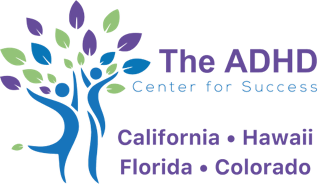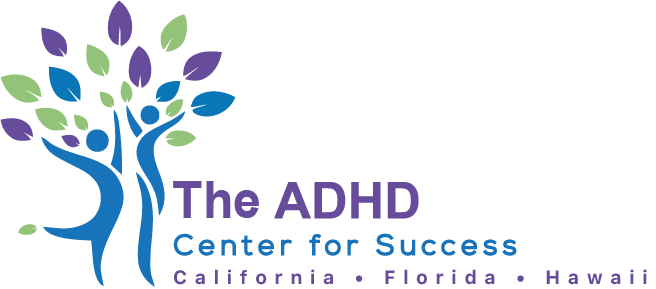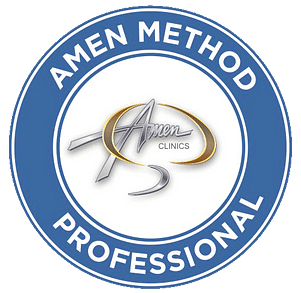What Does it Look Like in Adults?
It is often not hard to spot what we have long thought of as “typical” ADHD in children and adolescents. But adults can have more subtle symptoms. This means many adults struggle with ADHD yet may not even know they have it. Many are diagnosed with other co-occurring disorders, such as depression or anxiety. Adults may not realize that many of the problems they face, including staying organized, difficulty starting a task, or being on time, relate back to ADHD.
Adults with ADHD may find it difficult to focus and prioritize, leading to missed deadlines and forgotten classes or meetings, or even social plans. The inability to control impulses (hyperactivity), often thought of as the “8 year old boy running around the classroom”, in adults can range from impatience waiting in line or driving in traffic to mood swings and outbursts of anger. Many of these adults have been forced most of their lives to “Mask” their ADHD, told to stop the pen clicking, foot tapping, chair rocking, and excessive chatter, because it was “impolite,” “annoying,” and “inconsiderate” of others. No one understood that their brain couldn’t focus unless their body was engaged in some type of movement.
Isn’t ADHD a Disorder in Childhood?
While ADHD is a disorder typically diagnosed in childhood, there are approximately 10 million adults who have ADHD, with around 20% treating it. More often than not, the other 80% of these adults may not even be aware they have ADHD. While these adults had ADHD in childhood, several factors may have prevented those around them from recognizing it.
As a child, they may have been missed because they were very bright, managing well throughout school, sometimes even through high school, college or even graduate school, until they experienced the demands of adulthood, especially at work. For others, teachers and parents may not have recognized the signs, especially as the work became more challenging, and their struggle increased.
Do You Outgrow ADHD? How it changes in Adulthood
One of the most common questions people ask is: “Do you outgrow ADHD?” The short answer is—ADHD doesn’t just disappear as you get older. But the way it shows up in your life can change a lot, especially once you’re out of school and navigating adulthood.
School often puts a spotlight on ADHD symptoms because of its structure: constant deadlines, busywork, and the need for detailed recollection. But adult life is different. The demands of your job, your environment, and your responsibilities all play a role in how ADHD affects you.
Many adults with ADHD naturally gravitate toward careers that fit their strengths and minimize their challenges. For example, some thrive in high-pressure, fast-paced roles where performance is critical in the moment—think Emergency Medicine, ICU staff, or even Navy SEALs. These jobs don’t leave much “wiggle room” for distraction, and the adrenaline can help keep focus sharp.
Others find success in careers with flexible deadlines or project-based work, like engineering. It’s not uncommon for someone with ADHD to do the bulk of four months’ work in the last week before a deadline! These environments allow for bursts of productivity and creativity, rather than constant, detailed busywork.
But here’s something important: ADHD symptoms often show up again when life gets more complicated. Many people notice their ADHD becoming more challenging when they get promoted, take on more responsibility at work, or start juggling multiple roles at home—like managing a family, career, and household all at once. The more there is to organize and remember, the more those classic ADHD struggles can resurface.
So, while you don’t “outgrow” ADHD, you may find that your symptoms change, and the ways you have been managing them no longer work for you. If that resonates with you, it may be time to consider getting some additional support through therapy, medication, or both.






